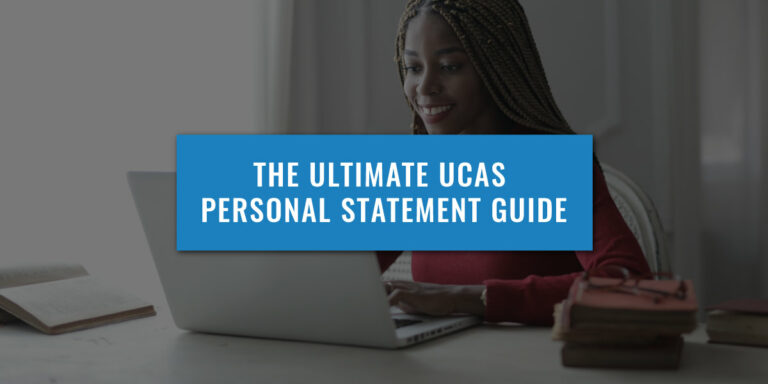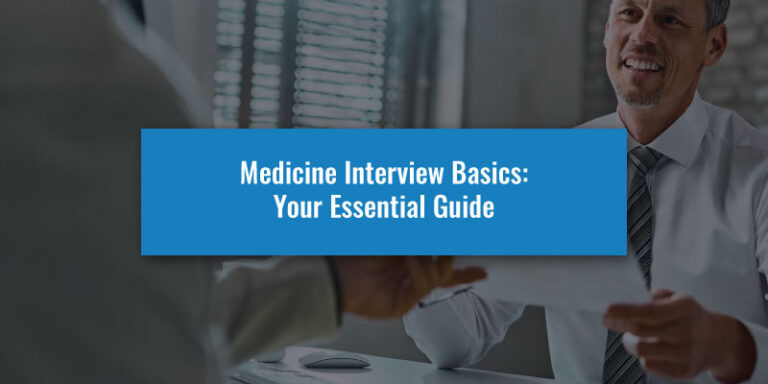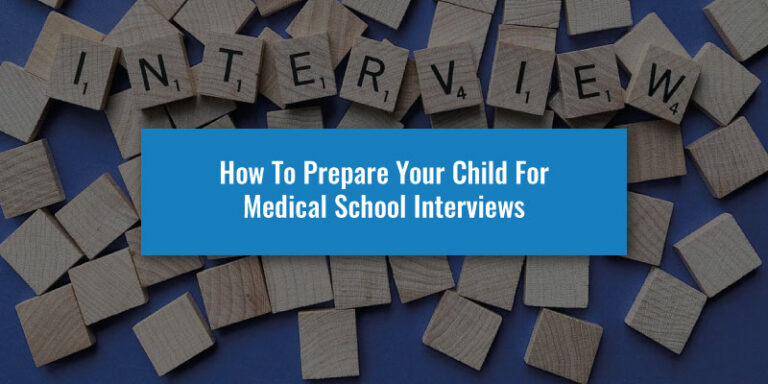As of 2024, the BMAT will no longer operate for Medicine applicants. Applicants for all UK medical schools will be required to sit the University Clinical Aptitude Test (UCAT) for 2025 Entry. Find out more in our BMAT/UCAT 2025 Guide.
The BioMedical Admissions Test (BMAT) is a tough exam and is very foreign to most students as it tests different skills to school exams.
With so much riding on the BMAT exam, it’s important to get some professional help and attend a BMAT course. But with so many companies offering BMAT courses, how do you select the right one? We’ve got some tips for you to help you pick the right BMAT course for you…
1. Check the company
Make sure that the company is reputable and has plenty of positive reviews from previous students. Beware of false claims which sound too good to be true – it’s very unlikely that 100% of students attending a BMAT course got a place at their first choice medical school!
2. Check the resources they offer
It’s also important to see which resources come with the courses. A good BMAT course should also give you books, past papers, worked solutions, practice papers and online course content. It’s essential that you should be able to access a lot of BMAT practice questions to help you improve and test your progress.
3. Check the group size
Some companies offer guaranteed small group sizes. The smaller the course group, the more individual attention you will receive, which gives you more time to ask questions and get help on the areas you’re struggling with. More individual help will lead to much more effective learning for you!
4. Find out who’s teaching you
This doesn’t mean you should find out the name and address of the person leading your course, rather you should be assured that the tutor has plenty of experience in teaching the BMAT. For example, with UniAdmissions, you can be certain that the tutor leading the BMAT course has years of experience teaching the BMAT, took the exam themselves and scored in the top 10% nationally. This means that the tutor definitely knows what they’re talking about and they can pass their experience onto you.
5. Check the support you’re getting
You’ll definitely need to spend time after the course consolidating your newfound knowledge and working your way through practice questions. Therefore, you might have new questions and difficulties after your course. You need to make sure that your course offers ongoing support all the way up to the test day, so that you can get expert help when you need it.
The BMAT exam can be daunting, so, using our 5 tips above, make sure you assess the available BMAT courses and choose the option to help you!
Our long-running and highly-reviewed BMAT course is a good starting point for you:
LEARN MORE







